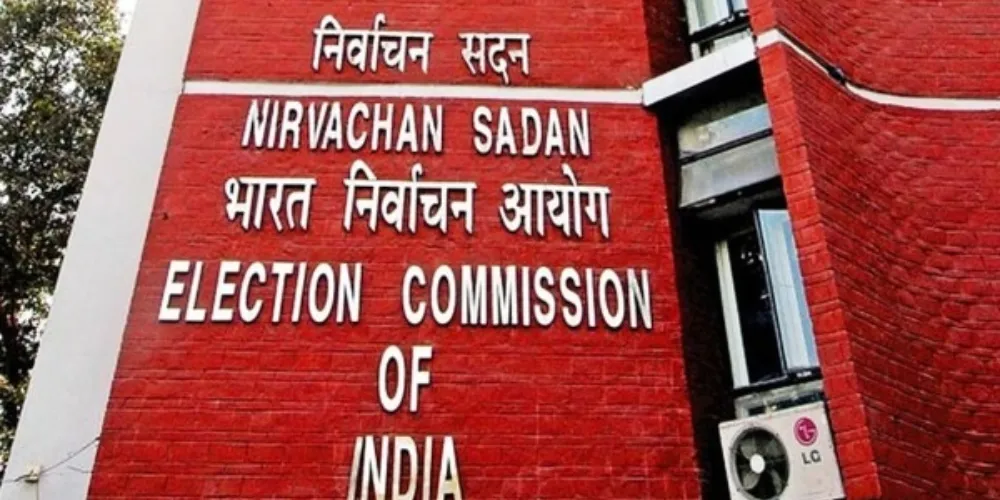Rising Farmer Suicides in Maharashtra Spark Concern
Veteran politician and NCP leader Sharad Pawar has raised serious concerns over the alarming rate of farmer suicides in Maharashtra. Highlighting the distress faced by the agrarian community, Pawar has urged the central government to implement a comprehensive policy to address the crisis. His statement comes amid growing unrest among farmers, who continue to struggle with debt, crop failures, and inadequate support from the government.
Maharashtra has consistently reported some of the highest numbers of farmer suicides in India. Despite multiple state-level relief measures, the root causes—such as fluctuating crop prices, mounting debts, and climate uncertainties—remain unresolved. Pawar’s remarks underline the urgency of a nationwide solution rather than fragmented state-led efforts.
The Grim Reality of Maharashtra’s Farmers
The state’s farmers, particularly in regions like Vidarbha and Marathwada, have been facing hardships for decades. Erratic monsoons, poor irrigation infrastructure, and increasing production costs have left them vulnerable. Many take loans from informal sources, leading to debt traps that, in extreme cases, push them to suicide.
The government has announced several schemes, including loan waivers and minimum support price (MSP) guarantees, but their implementation has often been slow and ineffective. Activists argue that short-term relief packages fail to address the systemic issues plaguing agriculture. Instead, they call for long-term policies focused on sustainable farming, better market access, and financial security.

Sharad Pawar’s Call for a National Policy
Pawar has emphasized that the crisis is not limited to Maharashtra alone and requires a coordinated effort by the central government. He has suggested formulating a dedicated agricultural policy that includes improved crop insurance, better credit facilities, and long-term financial planning for farmers.
Experts believe that a central policy could bring consistency across states and ensure that all farmers, regardless of region, receive adequate support. Pawar has also pointed out that despite repeated appeals, successive governments have failed to create a framework that addresses both financial and mental health aspects of agrarian distress.
The Need for Immediate and Long-Term Solutions
While political leaders continue to debate policy measures, the situation on the ground remains dire. Farmer organizations have been demanding better MSP implementation, access to technology, and increased subsidies for inputs like fertilizers and seeds. Many also stress the importance of mental health counseling to prevent suicides.
The central government now faces mounting pressure to take decisive action. Whether it responds with a robust national policy or continues with piecemeal measures will determine the future of millions of farmers in Maharashtra and across India. The need of the hour is not just relief, but a comprehensive transformation of the agricultural sector to ensure long-term sustainability and farmer welfare.



